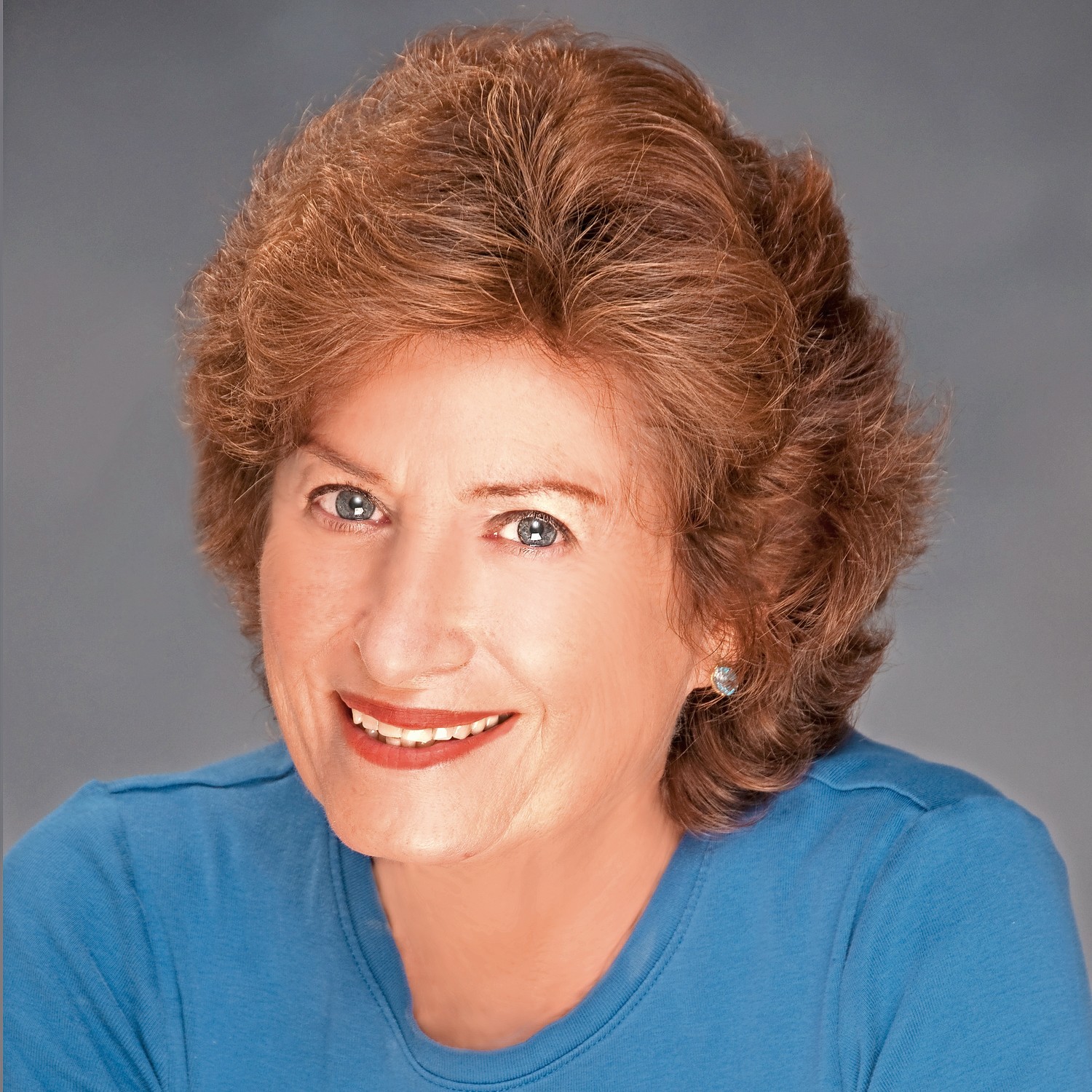Living the life between alone and lonely
Last week, a woman described as an “extreme athlete” emerged from a cave in Spain after 500 days in total isolation. A human being — in this case, Beatriz Flamini, a 50-year-old woman — had voluntarily descended into a 70-meter-deep cave when she was 48 and popped out a year and a half later.
She had spoken to no one, had no showers, heard no other human voices (aside from auditory hallucinations), and spent her time reading, knitting and exercising. She said she lost track of time after two months. That was 16 months ago!
According to the BBC, she was monitored by researchers, but no one made contact.
What if everyone on earth had been wiped out by a virus or an asteroid while she was underground? But that’s a different movie, I guess.
Was this purely an endurance challenge, pushing the boundaries of experience to an extreme? Or did it also suit her on some level to disappear and be alone, buried away from the world?
What would make a person choose this challenge? I can only recall the time my kids were 6 and 4, and they were both heaving with a nasty stomach virus and my husband was on a business trip and it was snowing and the dog came back from the groomer with fleas. No question, I would have dived into the cave thing. In a heartbeat I would have been underground, knitting sweet little nothings and reading books.
Sometimes I want to escape a large gathering where there’s just too much noise and chatter signifying nothing. But a cave? For 500 days? One hopes this extraordinary feat may yield good data.
When it comes to isolation, I see people divided into camps, determined most probably by genetics. My husband, for example, does not like being alone. As soon as he finds himself in a room with no possibility of immediate plans, he turns on the TV, cranks up the iPhone and flips open the computer, preferably all at once. Lots of noise. Chatter to the level of chaos.
My hunch is that people who need people all the time and in big numbers often partner up with people who get easily overwhelmed by too much talk and socializing. I don’t know why.
But caves are a unique challenge.
Fifteen years ago, we were on a driving trip in the Lascaux area of France. I persuaded my husband, who is awfully good-natured about these things, to join me on a tour of one of the caves that have prehistoric drawings. One problem was that the tour was in German, but I thought, how difficult can that be? Lots of German words are similar to English. I told my husband I thought I could translate.
We were a group of about 20 (18 Germans, two Americans). We descended 40 steps into a dark, narrow passage. I heard the sound of the massive wooden doors slamming shut at the top of the stairs.
“I’m out of here,” I said to my husband.
“You can’t leave,” he said. “I can’t speak German.”
But I was on automatic pilot, in the grip of a panic attack. I ran up the stairs and banged on the door until someone opened the vault. My husband was stuck on the tour, and got to see the petroglyphs, but the spiel? Nein!
The cave woman in Spain said her experience was “excellent” as she stepped into the light. I want to hear more of her story, to know what it was like without having to do it myself.
Apparently, some of us just want to mix it up, go out to a bar, invite 20 people for dinner, and some of us want to turn down the noise and enjoy being alone.
But a cave for 500 days? Nein.
Much has been written about loneliness and isolation, and its effects on teenagers and older people locked down by the pandemic. Perhaps the significant factor is choice. What feels like loneliness to many is the peace of aloneness to others.
Thoreau had his cabin in the woods, and he said that nothing was as companionable as solitude.
Copyright 2023 Randi Kreiss. Randi can be reached at randik3@aol.com.

 44.0°,
Mostly Cloudy
44.0°,
Mostly Cloudy 




